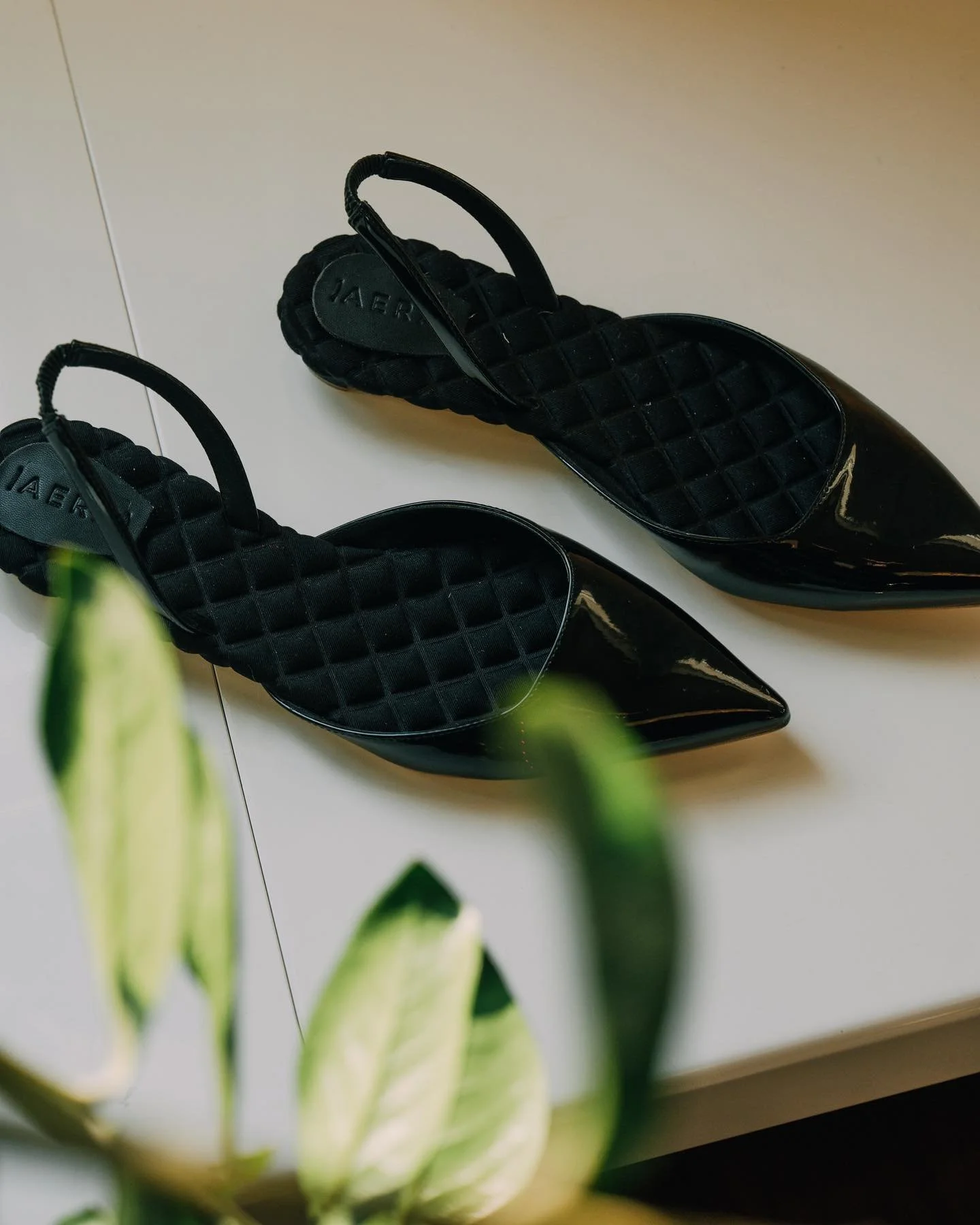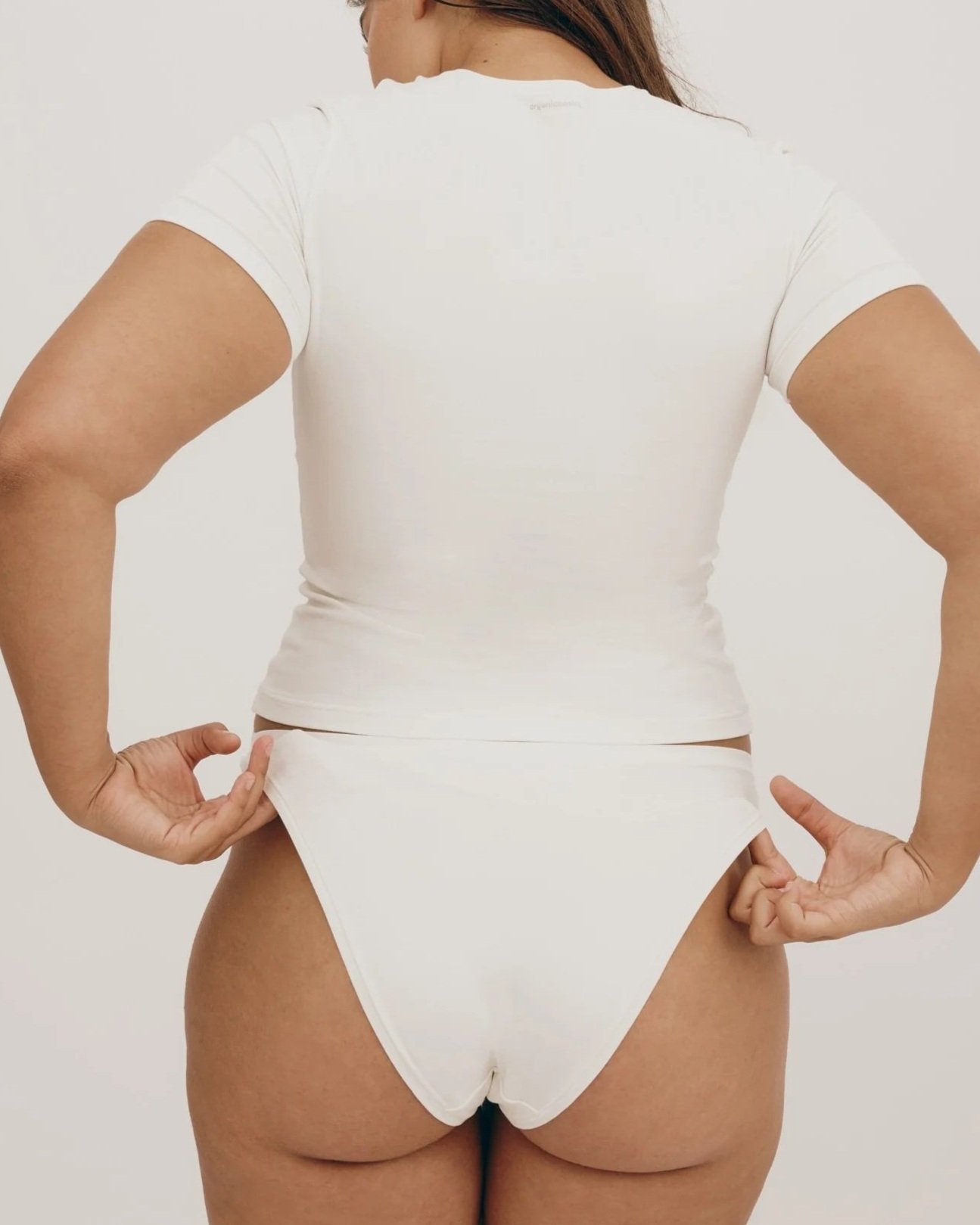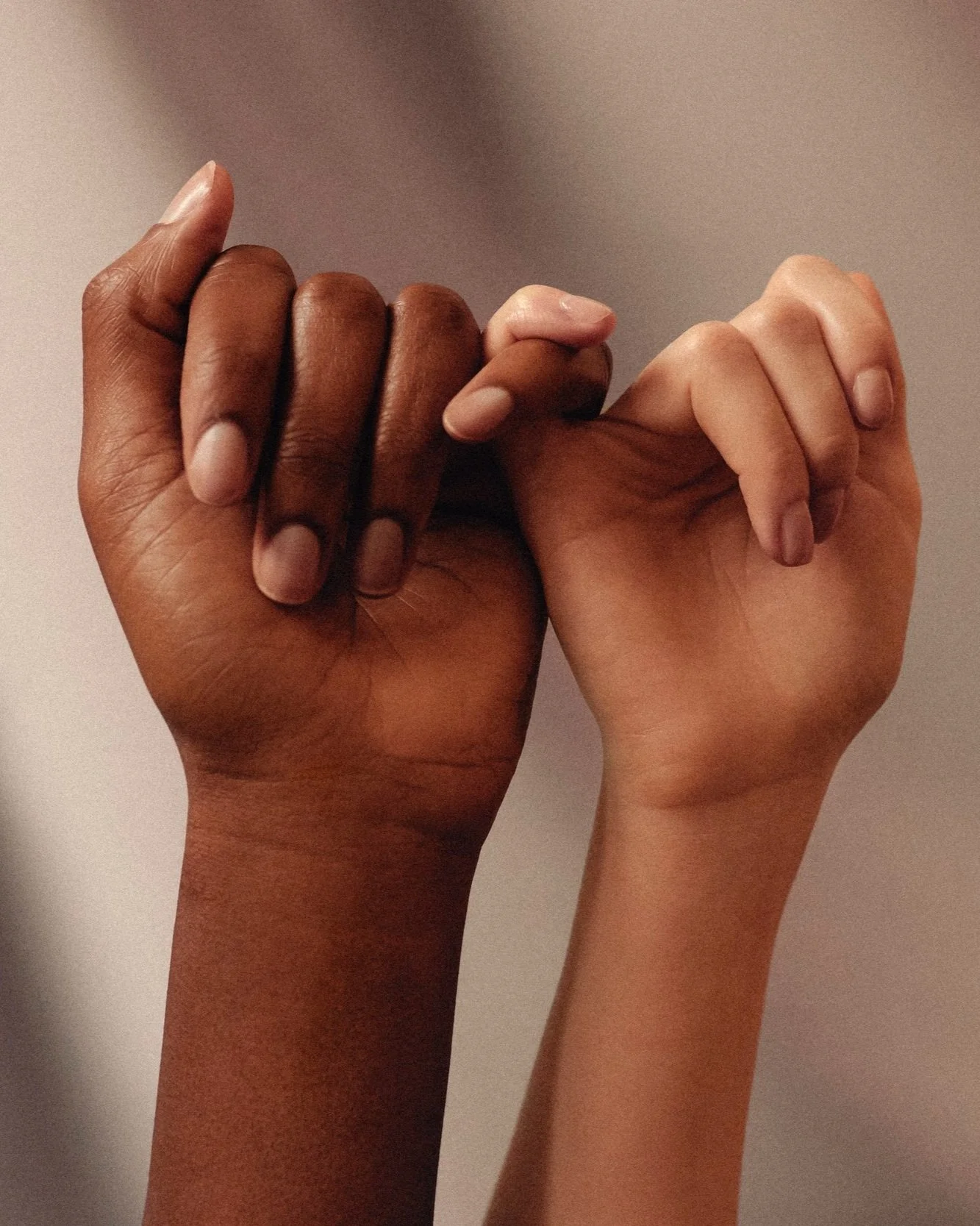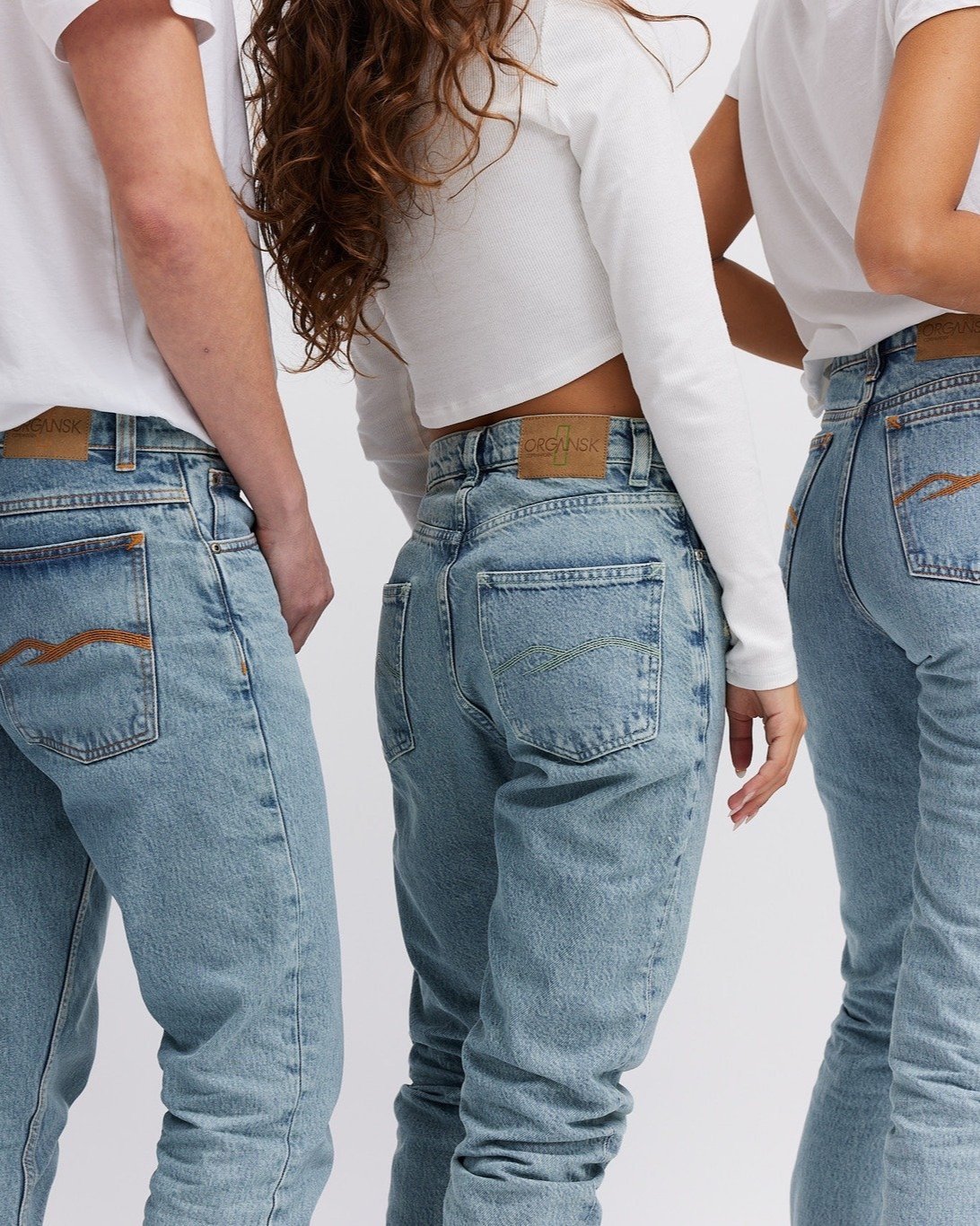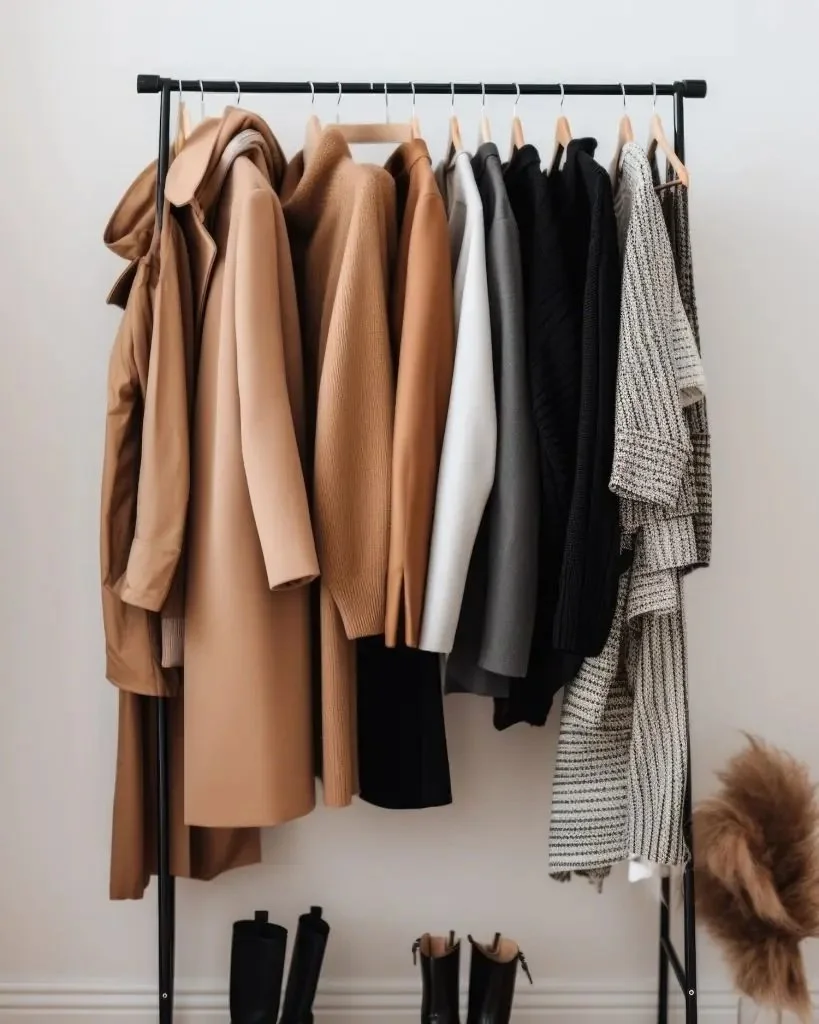I’ve been sharing sustainable brands for over a decade, and one of the first things I always check before recommending a piece is the fiber content. Because while aesthetics matter (yes, we want cute clothes!), what your clothes are made of really does matter...for your skin, your comfort, the planet, and the garment's longevity.
If you’re trying to shop more mindfully or slowly build a wardrobe that’s better for the environment and easier on your body, knowing your fabrics is key. This guide will walk you through what to look for, what to avoid, and how to make sense of all those little tags inside your clothes.
Disclosure: Some of the links below are affiliated; we may earn a small commission if you click through and make a purchase. We only feature brands that align with our values and contribute to a better world. Thank you for supporting these brands - and us!
Why Fiber Content Matters
Every fabric tells a story...some more sustainable than others.
Natural fibers tend to be breathable, biodegradable, and renewable.
Synthetics (like polyester and nylon) are made from fossil fuels and can shed microplastics into our waterways every time you wash.
Fabric blends can be tricky to recycle and often reduce the garment’s ability to break down naturally.
If you want your clothing to align with your values, checking the fiber content is a great first step.
How to Read the Label
Peek inside any garment and you’ll usually find a fabric composition label. It'll look something like:
Here’s what to look for:
Natural fibers first. If cotton, linen, hemp, or wool are listed as the first ingredient, that’s a good sign.
Watch for blends. Some blends are okay (especially if they help with fit or stretch), but others are mixed just to cut costs or increase durability at the expense of sustainability.
Greenwashing alert: Just because it says “bamboo” doesn’t mean it’s eco-friendly as most bamboo fabric is chemically processed into rayon unless it’s labeled as mechanically processed or bamboo linen.
Better Fabrics to Look For
These are your go-to natural fibers:
Organic Cotton – softer, less pesticide-heavy, and easier on your skin.
Linen – made from flax, super breathable, and gets better with age.
Hemp – one of the most eco-friendly fibers out there (and way more comfortable than you might think!).
TENCEL™ Lyocell – made in a closed-loop process, silky-soft, and biodegradable.
Wool (including Alpaca) – warm and naturally odor-resistant (just check how the animals are treated).
Silk – if you’re okay with animal-derived materials, silk is natural and long-lasting.
Fabrics to Limit (or Avoid When Possible)
Polyester, Acrylic, Nylon – all derived from oil, non-biodegradable, and major microplastic shedders.
Conventional Rayon – unless it’s certified (like Lenzing), it’s often made with toxic chemicals.
Cheap Blends – if it’s a 50/50 poly-cotton blend, think twice. These are hard to recycle and don’t break down well.
Note: Recycled synthetics can have a place, especially in swimwear or activewear, but they’re still not perfect.
What About Fabric Blends?
I get it, stretchy jeans exist for a reason. And sometimes a touch of elastane makes a piece more wearable. The key is balance:
Aim for 80–95% natural fiber content when possible.
Know that the more mixed a fabric is, the harder it is to recycle or compost.
Choose brands that are transparent about why they use blends.
Quick Questions to Ask Before Buying
Ask these while you’re browsing or checking out:
Is the fabric mostly natural?
Does it need special care I’m not willing to give?
Will this shed plastic fibers in the wash?
Will it last over time?
A Few Sustainable Brands We Love Using Natural Fibers
MATE the Label: Known for their clean essentials, MATE uses natural, non-toxic materials like organic cotton for everything from tees to loungewear.
Transcend: Committed to plant-based fashion, Transcend creates flowy, elevated staples using only natural and biodegradable fibers like organic cotton and linen.
use code CHIC30 for 30% off
Poppy Barley: While best known for responsibly made footwear, Poppy Barley also has a small clothing line made from organic cotton.
use code SUSTAINABLYCHIC-15 for 15% off
LA Relaxed: Lovely effortless basics, LA Relaxed uses sustainable fibers like TENCEL™ and organic cotton to craft soft, breathable pieces in small batches.
code sustainablychic for 10% off your purchase
Organsk: This denim brand is rooted in transparency and quality, using only certified organic cotton to create their jean collection.
use code SUSTAINABLYCHIC for 15% off
Tripulse: This activewear brand skips toxic synthetics & embraces natural, skin-friendly fibers like TENCEL™ & Roica® to create performance wear with less plastic.
SeamsFriendly: This India-based brand creates beautiful, custom-size clothing using handwoven & natural fabrics like cotton and linen, all stitched with care by skilled artisans.
use code SF-SUSTAINABLYCHIC-GY15 for 15% off
Rujuta Sheth: This brand blends timeless silhouettes with breathable, natural fibers like handwoven cotton and silk, ethically crafted by artisans.
Carve Designs: Perfect for outdoor & active lifestyles, Carve Designs uses natural fibers like organic cotton and TENCEL™.
BONUS: While not a clothing brand, Laura Elizabeth Jewelry is the perfect complement to your natural fiber wardrobe. Her pieces are ethically handcrafted in the U.S. using 100% recycled brass and sterling silver, proving accessories can be as sustainable as your outfit!
code sustainablychic for 10% off your purchase
Final Thoughts
Fabric content is one of the easiest places to start if you’re trying to shop smarter and more sustainably. Once you learn what to look for (and what to avoid), it becomes second nature.
So next time you’re tempted by a cute new top or dress, just flip it inside out and check the tag...your skin, closet, and the planet will thank you!













